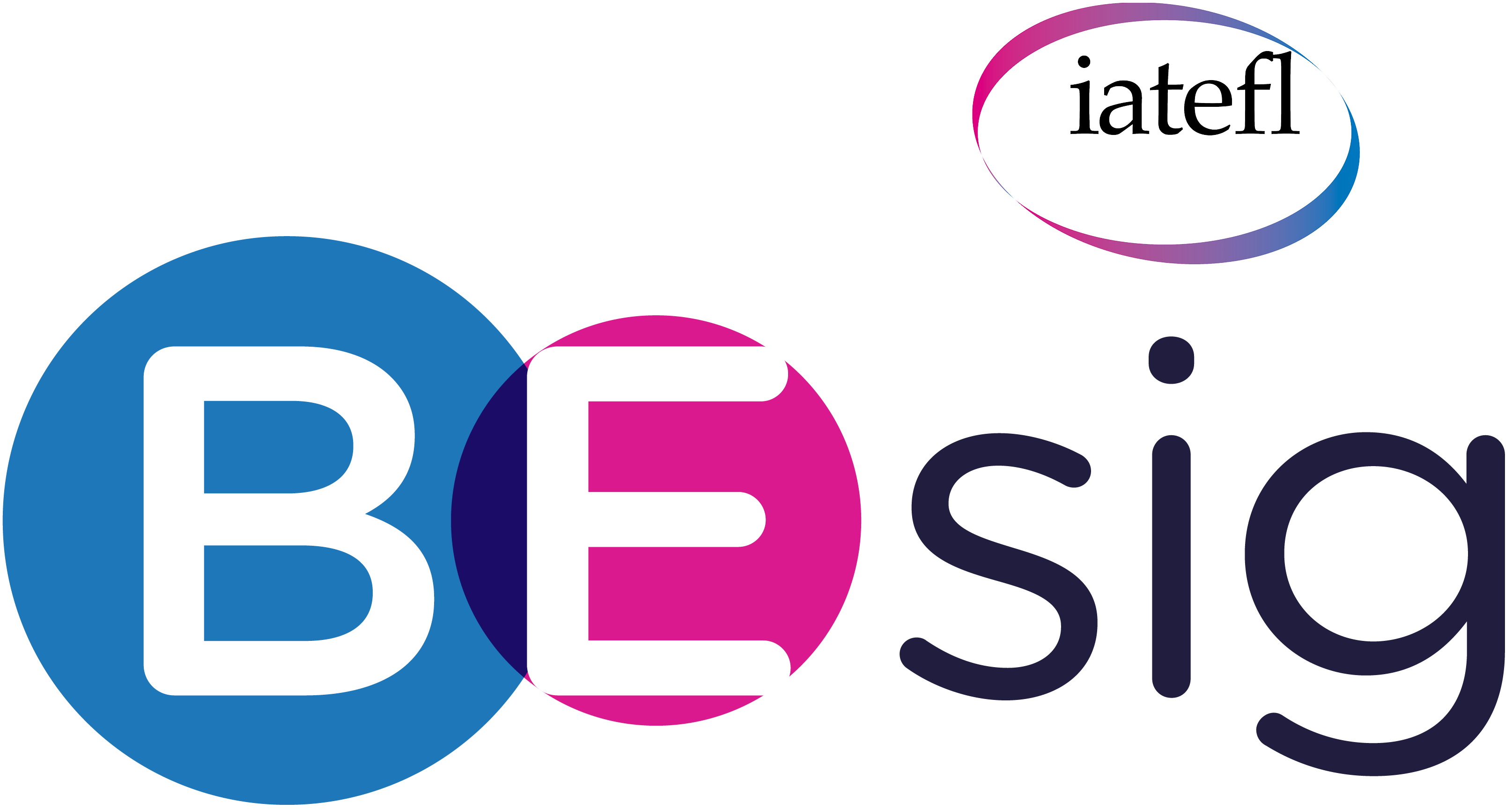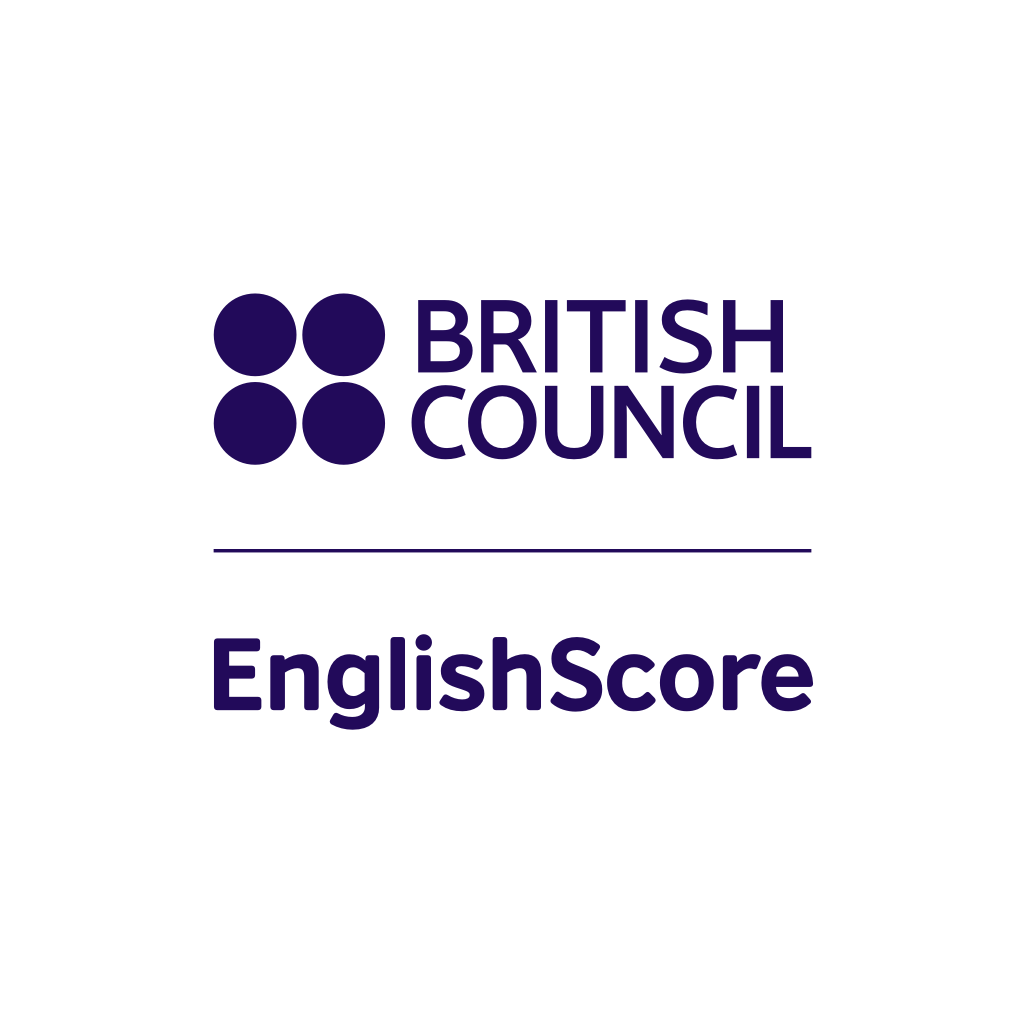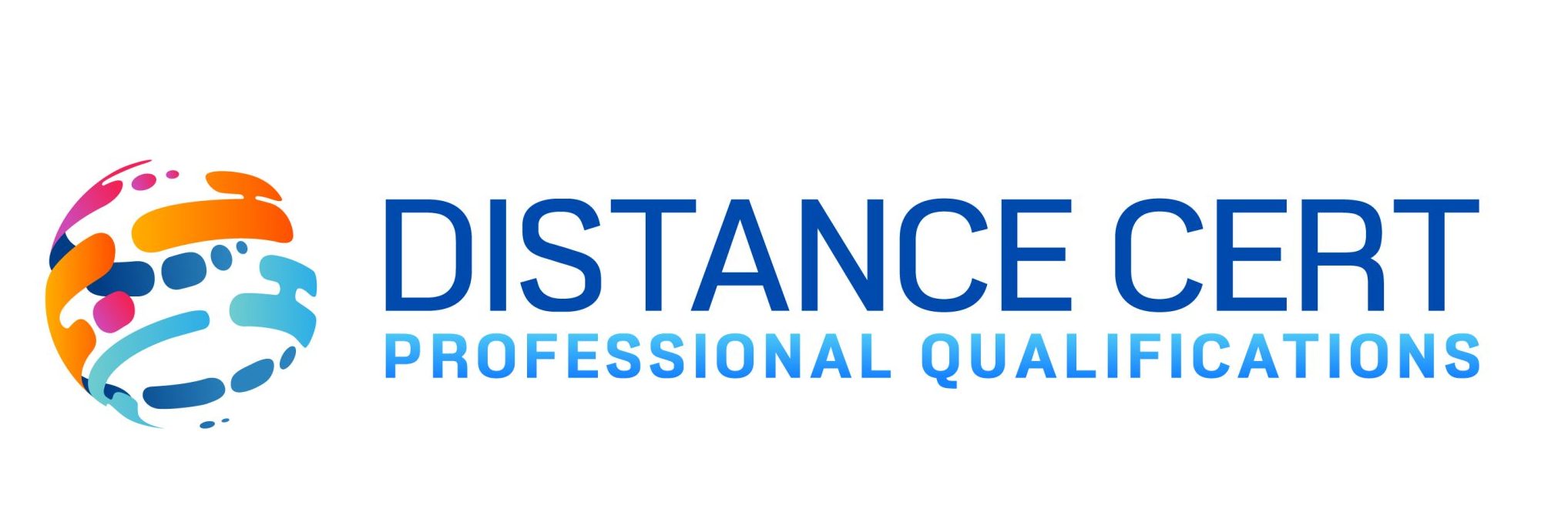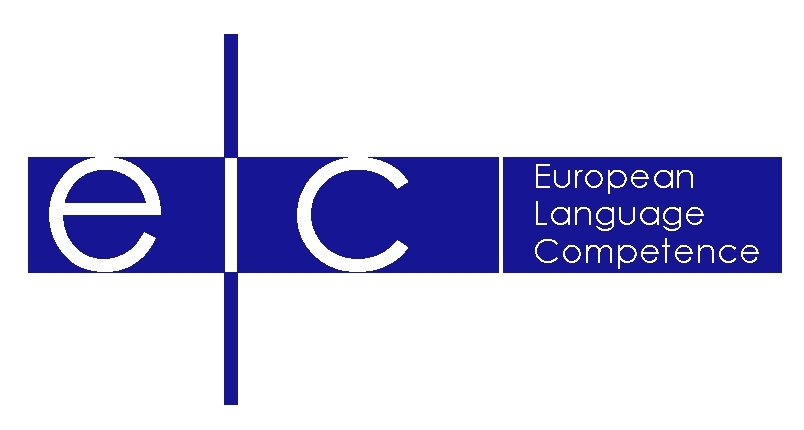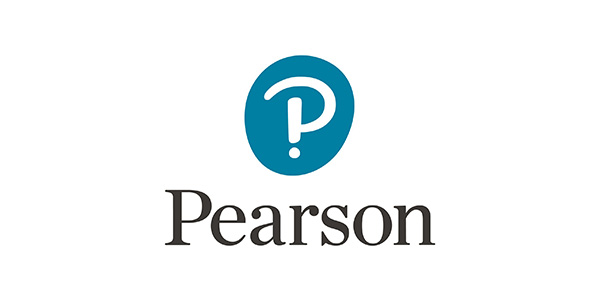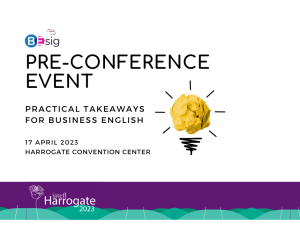
BESIG PCE 2023: Take your pick: practical takeaways for Business English
Join IATEFL Business English Special Interest Group (BESIG) for our 2023 Pre-Conference Event on 17 April 2023.
At IATEFL BESIG’s 2023 PCE, PCE means Practical Content for Everyone.
Join us for a full day face-to-face, interactive PCE which is brimming with relevant and meaningful activities suitable for your BE classroom. Be inspired by our international line-up of eight experienced BE professionals from a variety of teaching contexts, backgrounds and cultures. You will no doubt take away many new, innovative and practical ideas, and build your professional network in the process.
The first part of the programme consists of diverse mini-sessions featuring the ‘BEst’ activities for you to take away and use in your own classroom. Later in the day, we focus on your input and the PCE becomes a Peer Collaborative Exchange, where you develop and transform your ideas, along with your fellow BE practitioners, into concrete ready-to-use activities.
Spaces are limited so be sure to register early.
Please note that online booking closes on 6 April 2023 at 16.00 UK time.
Sessions




Kirsten Waechter

Speed Dating in the classroom: Making most of the 20-minute attention span
Looking at the activity of speed dating, we will act out the activity of asking questions and presenting information in a given timeframe. After our own debriefing, we will gather the types of questions you can use in this activity. We will also discuss the importance of timing and instructions for this activity, and how to best debrief the learners after the activity by reporting the information they have learned from the other people in the group. Although this works best in a face-to-face classroom, I will also share ideas how this can be done online in breakout rooms.
Kasia Warszynska

Teamwork and Phrasal Verbs – My Successful Class Project
Teaching Phrasal Verbs has never been easy. There are so many of them and they can be very easily confused by our students. For the past 5 years I’ve been successfully conducting sessions with phrasals and involving whole groups (or individuals) in the process of learning them. We’ve been creating mind maps, sharing them, discussing the differences, and practising them. My project worked with IT professionals, engineers, lawyers, HR ladies, and even…. ACCOUNTANTS 😉 Find out about my project and implement it in your teaching.
Birte Horn

Discovering your transferable skills with a SWOT analysis
As part of preparing for job applications (both written and interviews), students will be prompted to use a SWOT analysis to discover their strengths and weaknesses. From the responses, any transferable skills mentioned will be written on the board. This list is later expanded. Then, the concept of transferable skills is explained and students are asked to consider where they have gained such skills. In the final step, they need to give an example of a situation in which they have used a particular skill; thus, proving that they have it.
Bethany Cagnol

BEst of the BEst Role Plays for Meetings
While the pandemic has significantly changed the face of the workplace, international professionals are still being subjected to meetings whether they be face-to-face or online. In response to this, the speaker will share some never-fail meeting role plays she’s designed to help employees and budding professionals develop skills for mediating multiple complex issues. Participants can choose to test out the role plays in their groups or discuss modifications that fit their own BE contexts.




Shweta Paropkari

Mock Product Launch: An assessment tool for a BE classroom
In this session, we will discuss how to plan a successful mock product launch session for your class (including instructions to be given, timeline to be planned, and assessment guidelines). While an activity like this works best in a f-2-f classroom, it can just as easily be adapted for an online class. Please note, this activity is conducted towards the end of a mini-course on Business Presentation Skills. By the time students participate in this activity, they will already have been introduced to Business presentations (including lessons on grammar and vocabulary) and would have practised giving mini presentations in the classroom.
Ellen Keates

English for the construction industry: a progress test on the building site!
When asked to teach a group of managers and hands-on workers in the construction industry I first had to familiarise myself with their world. I travelled to their building site in Amsterdam and shared an afternoon at work with them. This gave me various new ideas for their English course and also for doing (progress) tests on location instead of in the classroom. The group told me they benefited enormously from this way of learning and keeping track of their progress in English: they reported it was very practical and they learned more and faster. In this mini-session I will share with you how we went about it and how it may be transferable to the industry you work in!
Silke Riegler

How to set up an intercultural online project with your university students
Intercultural competence has become a vital aspect of education, as students prepare to navigate a diverse and globalized world. However, setting up an intercultural online project can be challenging, especially for educators who have limited experience in this area. This talk will provide an example of a successful online intercultural project I did with a university in Taiwan in the fall of 2022. By the end of the talk, participants will have gained valuable insights into how to effectively design and implement intercultural online projects in their university classrooms.
Joanna Szoke

Peer feedback loops
I’ll show you a writing activity for advanced business English groups. There are two main elements that define the activity – peer feedback and very little teacher intervention. First, students use a criteria sheet that they created together. They can then suggest improvements in turns, while the teacher is recording every idea in a shared document (this way, the activity can be done both in face-to-face and in online classrooms). The looped approach lets students reconsider each modification until they feel fully confident about the upgraded text. This process writing activity also shows them how they can independently and autonomously upgrade their own writings at their workplace.
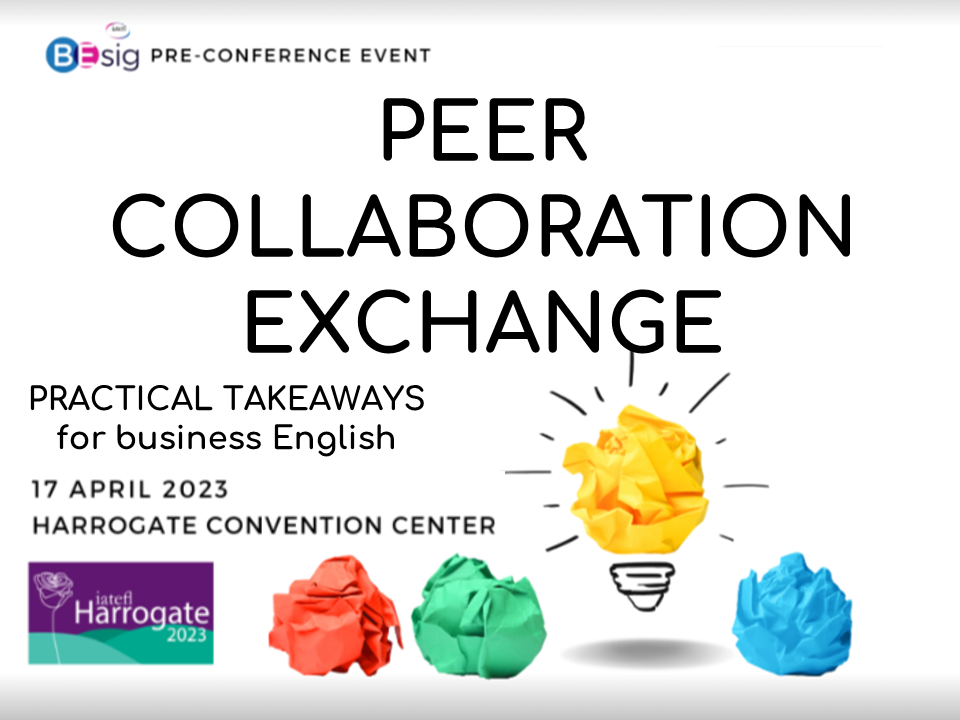
PEER COLLABORATIVE EXCHANGE
Michelle Hunter – Moderator
Later in the day, we focus on your input and the PCE becomes a Peer Collaborative Exchange, where you will develop and transform your ideas, along with your fellow BE practitioners, into concrete ready-to-use activities.
Showcase Day 2023 – Tuesday 18 April
1.1 – 10.35-11.20 (Workshop)
Katrin Lichterfeld
Preparing learners: (B)ELF-oriented and agile in learning ecosystems
1.2 – 11.50-12.20 (Talk)
Julia Koifman
Inclusivity for all types of learners in business English teaching
1.3 – 12.35-13.05 (Talk)

 Catherine Prewett-Schrempf & Linda Slattery
Catherine Prewett-Schrempf & Linda Slattery
Machine translation: friend or foe in graded assessment?
1.4 – 13.05-14.05 (Break)
1.5 – 14.05-14.35 (Talk)
Holi Ali & Silvio Sergio Saleem Scatolini & Qasim Alwashahi
Tapping into translingual plagiarism among English-medium business students
1.6 – 14.50-15.20 (Talk)
Khokha Chaib Ainou
Corpus-based genre analysis of the emerging genre of business tweets
1.7 – 15.35-16.05 (Talk)
Eloa Figaro
Task-based learning and comparative law in legal English classes
1.8 – 16.35-17.05 (Talk)
David Guerrero
Cover-to-cover is over: revolutionising business English training with Agile
1.9 – 17.20-18.05 (Workshop)
Sue Ashley
Assessing international business undergraduates’ communication and critical thinking skills
